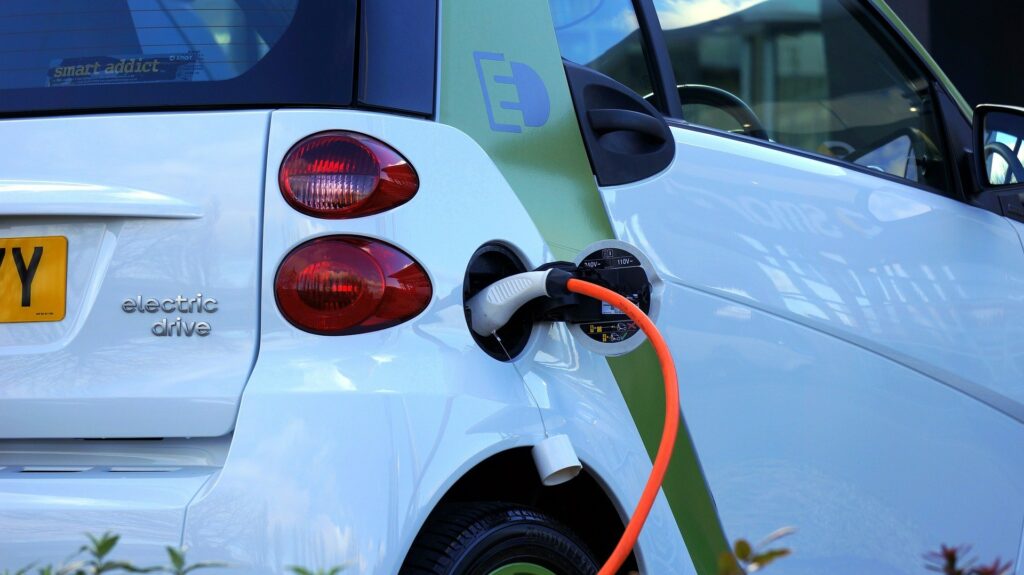Electric vehicle (EV) charging infrastructure company RECHARGE UK – the EV arm of Association for Renewable Energy and Clean Technology (REA) – has warned that the EV skills gap threatens the government’s chargepoint target for 2030.
The UK Government has a target for 300,000 EV chargepoints to be installed in the UK by 2030. At present there are only 40,000 chargepoints installed, according to RECHARGE UK, as the organisation warned that the sector is “severely under-resourced” to meet this target.
Moreover, as the number of chargepoints in the UK increases, the lack of skilled professionals qualified to maintain the infrastructure will seriously damage chargepoint reliability.
Poor chargepoint experience is already a prominent concern for the sector, which was addressed by the UK Government earlier this month as it introduced new regulations aimed at increasing the reliability of rapid chargers to 99%.
“Most of the net zero transition over the next decade won’t be delivered by people who are currently working in the clean transport and energy sectors. Instead, it will be largely delivered by people who are currently in other jobs or are still in education – people who are just setting out on their career path,” said Mark Constable, chair of RECHARGE UK,
“So there needs to be a holistic approach to the influx of skills needed across all age ranges and across all backgrounds, to help them get into the industry and ultimately help get the UK over the finishing line.’’
RECHARGE UK also drew attention to Jaguar Land Rover’s parent company Tata’s recent commitment to build a £4 billion EV battery factory in Somerset, which will create 4,000 direct jobs, and called on the UK Government to urgently address the EV skills gap and ensure demand can be met.
One suggestion made by the organisation was to reform the Apprenticeship Levy to ensure unspent funds are put towards priority training areas, including electrification and decarbonisation.
“With the announcement that Tata have agreed to invest £4 billion in the UK to build a new gigafactory providing up to 4,000 direct jobs, the recommendations in this report need to be implemented as soon as possible. EV infrastructure from chargepoints to gigafactories must be prioritised in grid connection queues to maximise EV availability and adoption, which will realise the greatest carbon savings,” said Matthew Adams, transport policy manager the REA.
“It is clear therefore, that the government must launch a green jobs campaign that provides opportunities for new entrants to the job market and empowers the existing workforce to upskill and retrain for the significant opportunities that are available to them, especially given announcements like Tata’s. RECHARGE UK will be producing a skills report in November which will provide more details on how to harness the existing skilled workforce and young talent who want green jobs across the electric and low carbon fuels sectors.
“By 2030 there is expected to be a shortfall of 25,100 EV-trained TechSafe technicians. The government should reform the Apprenticeship Levy so that a portion of unspent Levy funds could go toward priority training areas, including electrification, decarbonisation and digitalisation.”
Current± publisher Solar Media is hosting its EV World Congress event in London this 10-11 October. The conference will focus on some of the key discussion points from across the EV sector including delivering coherent EV charging strategies, whether the UK is on course for its 2030 charging target, vehicle-to-grid (V2G) technology and more. More information, including how to attend, can be read here.





